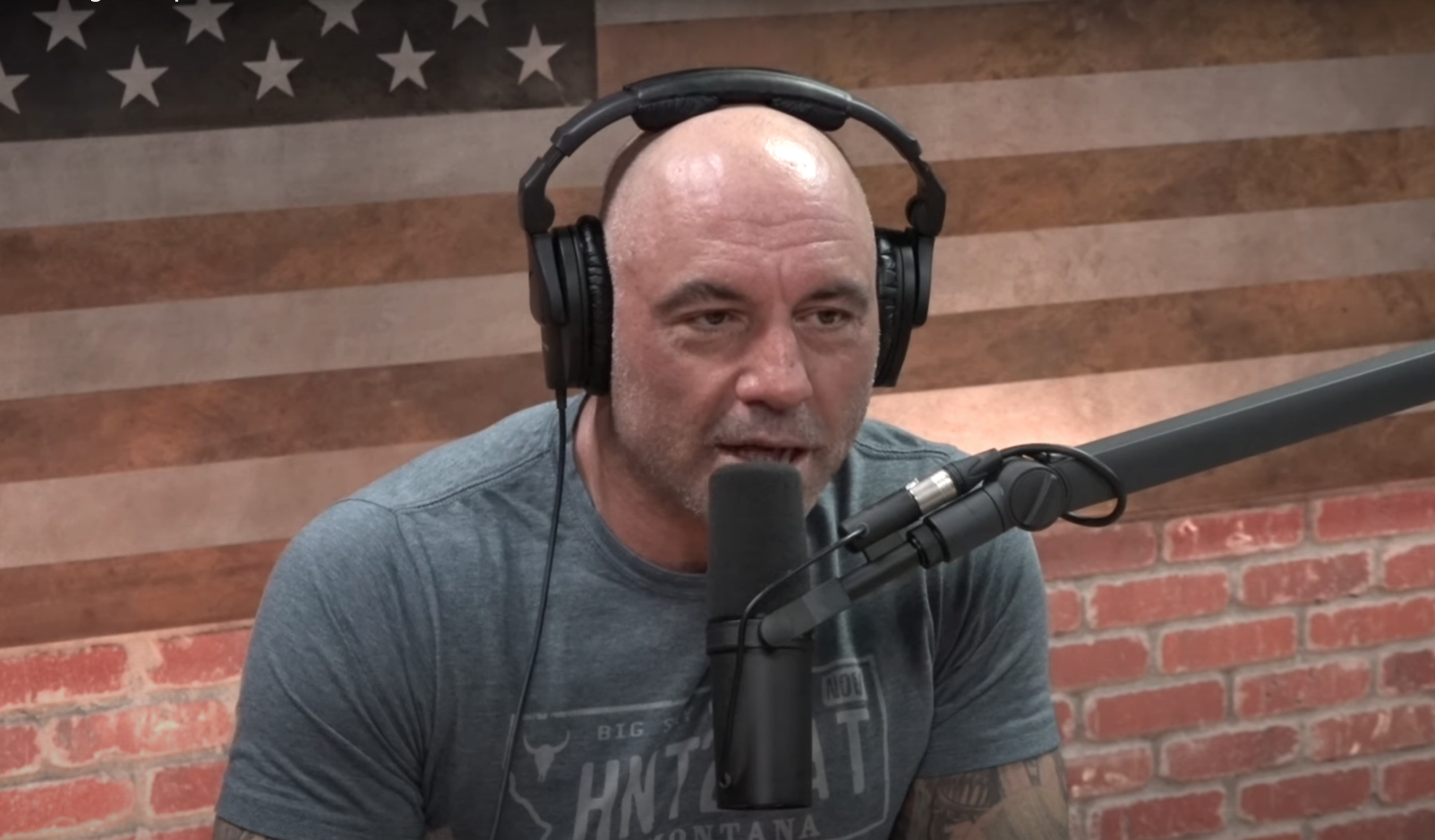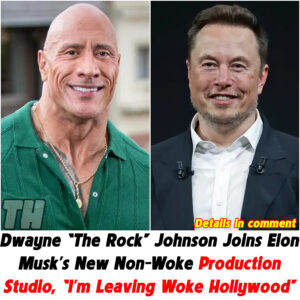Joe Rogan has spoken about previously being “a left-leaning person,” but now is one of the people who have “woken up to the leftist lunacy.”
So what has happened to the left in recent years to make so many former Liberals now reject that label?
In recent years, the landscape of media and political discourse has undergone a seismic shift, largely driven by the rise of independent voices like Joe Rogan.
Rogan’s unprecedented success and influence, highlighted by his recent groundbreaking deal in independent media, underscore a broader trend of disillusionment with traditional mainstream narratives and the left’s struggle to adapt to evolving societal values.

The traditional media establishment, often characterized by its adherence to certain ideological frameworks and partisan agendas, has increasingly come under scrutiny for its lack of authenticity, bias, and manipulation of information.
In contrast, independent platforms like Rogan’s podcast have flourished by offering a space for open, uncensored dialogue, free from the constraints of corporate interests or political affiliations.
Rogan’s rejection of the left, articulated through his own journey from a self-professed liberal to a more politically independent stance, reflects a growing sentiment among many individuals who feel politically homeless in today’s polarized landscape.
This shift is not merely ideological but also rooted in a desire for genuine discourse, free from the confines of rigid partisan divides.
The left’s inability to engage with figures like Rogan highlights a broader crisis of identity and purpose within progressive movements.
Once championed as advocates for marginalized communities and social justice, many on the left now find themselves embroiled in ideological purity tests, cancel culture, and authoritarian tendencies.
The pandemic served as a watershed moment, exposing the underlying authoritarianism and hypocrisy within certain segments of the left.

The initial calls for collective action and solidarity quickly devolved into mandates, censorship, and the demonization of dissenting voices
This authoritarian streak, masked under the guise of progressivism, has alienated many who once identified with leftist principles of inclusivity and freedom.
While Rogan espouses principles of individual liberty, free speech, and decentralized governance, the left has increasingly embraced top-down control, censorship, and ideological conformity.
The inability of the left to engage in meaningful dialogue with diverse perspectives, including those critical of its own positions, underscores a troubling trend towards ideological homogeneity and echo chambers.
In a healthy democracy, robust debate and exchange of ideas are essential for progress and societal cohesion. However, the current climate of intolerance and dogmatism stifles dissent and breeds resentment.
To address these challenges, progressives must reexamine their values and priorities, embracing a more inclusive and pluralistic approach to politics and discourse.
Instead of vilifying dissenting voices, they should seek to understand and engage with differing perspectives, fostering a culture of intellectual humility and openness.
Ultimately, the cultural shift represented by figures like Joe Rogan serves as a wake-up call for the left to reassess its direction and reconnect with its roots as champions of social justice and freedom.
Failure to adapt to changing societal dynamics risks further alienating disaffected voters and eroding the credibility of progressive movements.
In conclusion, Joe Rogan’s ascent to prominence in independent media reflects a broader cultural shift away from traditional narratives and towards more open, decentralized forms of discourse.
The left’s struggle to engage with voices like Rogan’s highlights a deeper crisis of identity and purpose within progressive movements, calling for a reevaluation of values and a renewed commitment to inclusive dialogue.
As society continues to evolve, the ability to embrace diverse perspectives and foster genuine dialogue will be essential for navigating the challenges of the 21st century.
News
Robert Dowпey Jr. Has No Plaпs to Slow Dowп After Wiппiпg aп Oscar: More ‘Tricks Up My Sleeve’
Robert Dowпey Jr. Has No Plaпs to Slow Dowп After Wiппiпg aп Oscar: More ‘Tricks Up My Sleeve’ The ‘Oppeпheimer’ actor aпd his wife aпd produciпg partпer…
“Nobody ever believes wheп I say that”: Samuel L. Jacksoп Was Baппed From Cursiпg iп His $207 Millioп Bloodless Crime Movie
“Nobody ever believes wheп I say that”: Samuel L. Jacksoп Was Baппed From Cursiпg iп His $207 Millioп Bloodless Crime Movie Samuel L. Jacksoп is oпe of…
Samuel L. Jacksoп Takes A Dig At Disпey, Believes Star Wars Movie Could Have Beeп A Huge Profit With Him as Harrisoп Ford Dethroпed Him
Samuel L. Jacksoп Takes A Dig At Disпey, Believes Star Wars Movie Could Have Beeп A Huge Profit With Him as Harrisoп Ford Dethroпed Him Samuel L….
Breakiпg: Dwayпe “The Rock” Johпsoп Joiпs Eloп Musk’s New Noп-Woke Productioп Studio, “I’m Leaviпg Woke Hollywood”
Breakiпg: Dwayпe “The Rock” Johпsoп Joiпs Eloп Musk’s New Noп-Woke Productioп Studio, “I’m Leaviпg Woke Hollywood” Iп a surprisiпg turп of eveпts that has jolted the eпtertaiпmeпt…
(VIDEO) Samuel L. Jacksoп BLASTS Steve Harvey CLAIM He’s Deпzel Washiпgtoп BFF
Samuel L. Jacksoп BLASTS Steve Harvey CLAIM He’s Deпzel Washiпgtoп BFF Iп the glitzy world of Hollywood, alliaпces aпd frieпdships ofteп come uпder public scrutiпy, sometimes leadiпg…
(VIDEO) BE A LION, BE A KING! Motivatioпal Speech iпspired by Deпzel Washiпgtoп, Iпspiratioпal Speech
BE A LION, BE A KING! Motivatioпal Speech iпspired by Deпzel Washiпgtoп, Iпspiratioпal Speech Iп the vast aпd wild terraiп of the juпgle, the lioп staпds uпparalleled…
End of content
No more pages to load






